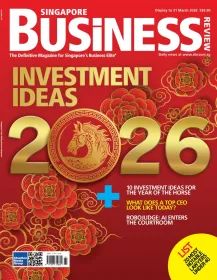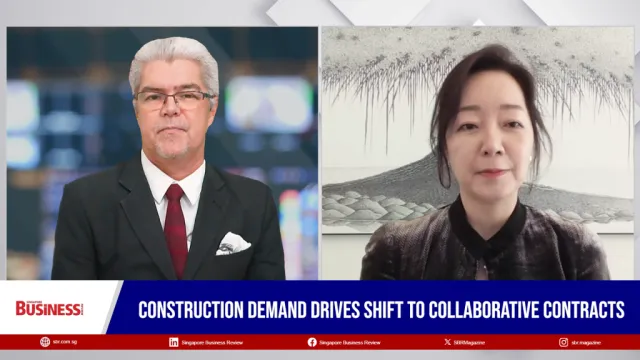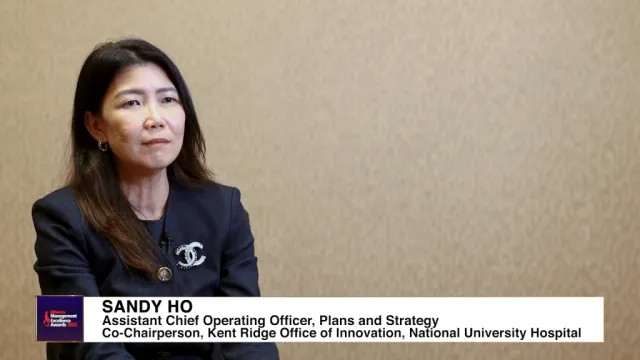Join the community
Thought Leadership Centre
Most Read
1. Singapore to slash CDC vouchers in Budget 2026: analysts 2. UOB set for growth as DBS, OCBC earnings hold steady: report 3. Budget 2026 to surge tech funding as ageing workforce squeezes growth: analysts 4. HDB launches 9,012 flats in February BTO and SBF exercise 5. Daily Markets Briefing: STI up 0.43%; Top stock is Wilmar International LimitedResource Center
Awards
Apr
14
Event News
Singapore Business Review Management Excellence Awards 2025 Winner: Moninder Jain of Logitech Singapore Pte Ltd
Moninder Jain of Logitech Singapore highlights how human and AI collaboration strengthened the company’s market position.


 Advertise
Advertise














Commentary
Is Singapore ready for the rise of robots and automation?
Is Singapore ready for the rise of robots and automation?
A multi-cloud checklist that businesses need
Creating human impact with artificial intelligence
Neutral infrastructure: unlocking business potential in Singapore through open technologies
Why Singapore businesses need to start embracing data for intelligent insights
Harnessing human, machine and digital intelligence to keep innovation centres on the cutting edge
Singapore companies victims of social engineering: whose fault is it?
Video interviewing is leading the way in Scandinavia, why not in Singapore?
Giving wings to Aviation MRO in Singapore
Look to leadership to slay the spectre of overwork
Can Singapore become the latest and greatest regional cybersecurity hub?
A further tightening of financial regulation in Singapore
Top 5 cyber hygiene issues that lead to a breach
Regulating Facebook protects Facebook
The future of Singapore's globalisation story is… human
A choicer way to work and live
Building a stronger and globally competitive Singapore